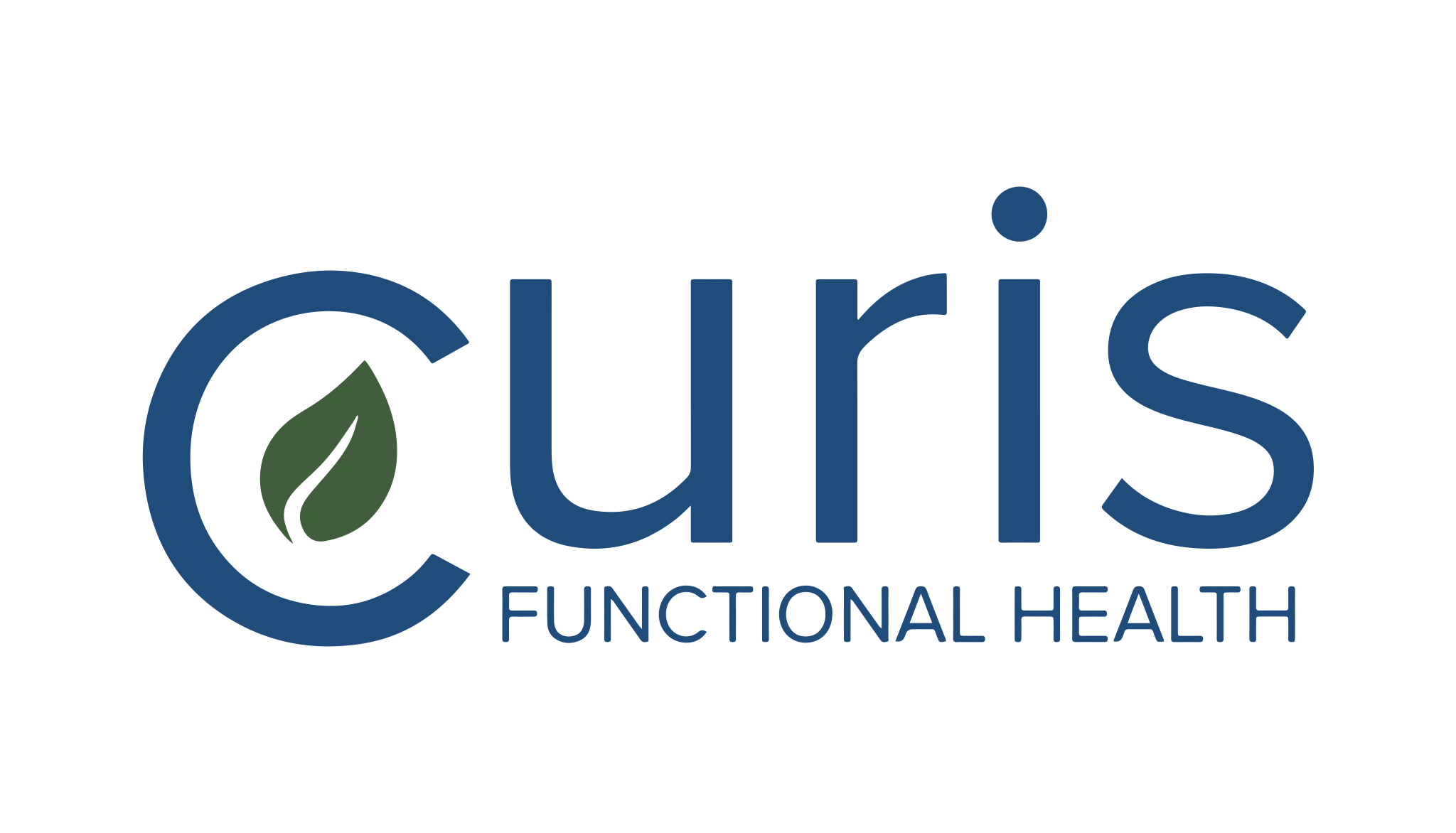“I didn’t cause it.”
“I can’t cure it.”
“I can’t control it.”
If you have ever been to an Alanon meeting, you’ve probably heard these before. Though there’s a lot of wisdom in these thoughts, they can be truly hard to understand, especially when you’re family is caught up in the addiction cycle.
A lot of times, family members try to do things to control the addiction behaviors of their loved one. To do so, often feels like self-preservation. We’re just trying to survive it with as little damage as possible. There’s a theory in psychology called change theory, which basically states that we don’t really make any changes unless we’re uncomfortable. So, avoiding discomfort may actually be perpetuating the disease process in our loved one. Our interference with them being uncomfortable can actually allow their suffering to continue longer than it would have. Wrap your mind around that one!
We are not meant to control their behaviors, or rescue them from their consequences. We are allowed to let it go. In fact, most times, our desire to control them backfires on us.

Family members and mostly parents can feel like they have somehow caused the addiction. The reality is, there are many factors that contribute to the creation of the disease and it’s very rarely one person or one event. Genetics can be a factor in someone developing the disease of addiction. On the other hand, there are many people who are genetically loaded for it and never manifest the disease. In addition, people experience many painful things in their lives. We just are not capable of rescuing our loved ones from all of them and allowing them to go through these pains, often make people better.
How are we supposed to know the difference? We can’t bubble wrap our loved ones to protect them from every life event. Our addicted person may try to blame us, which is common. But once we choose to let go of that blame, it can allow them to take responsibility for their own lives and grow from it.
I wish we had a quick fix or a pill that could cure addiction. I’d have to find a new line of work and I’d be okay with that. But, in reality, those do not exist. There is no quick cure. There is only continued progress toward health and peace. If you think about it, most diseases are like that. Our body tells us there is something wrong and we may be able to change our lifestyle (this can mean taking medication, or not) but if we go back to an unhealthy-for-us lifestyle, the disease comes back.

Addiction acts the same way. We, as the army of family members, do not have a way to cure the addiction for our loved one, but we can support their recovery, and our own. As we learn what addiction really is, we can help with the recovery process for our addicted family member. Learning how to have boundaries with them and to create a sense of safety in the family is key.
Most of us begin this journey with no idea how to do this. It’s part of the process of moving our family into recovery. Having a group of supportive and knowledgeable people in your life is important and will help you and your loved one enter into, and stay in, recovery.
About Julia: Julia Wesley, LMFT-S is a therapist at Curis Functional Health who specializes in addiction, codependency, couples, and family therapy. Click here to schedule with Julia today.
Curis Functional Health is a multidisciplinary functional health center that integrates mental health, chiropractic, and dietetics. Click here to learn more about Curis.
